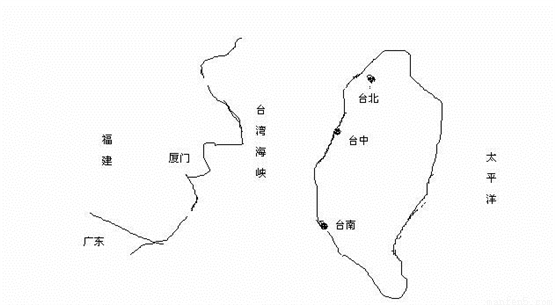题目内容
假定英语课上老师要求同桌之间交换修改作文,请你修改你同桌写的以下作文。文中共有10处语言错误,每句中最多有两处。每处错误仅涉及一个单词的增加、删除或修改。
增加:在缺词处加一个漏字符号(∧),并在其下面写出该加的词。
删除:把多余的词用斜线(\)划掉。
修改:在错的词下划一横线,并在该词下面写出修改后的词。
注意:1.每处错误及其修改均仅限一词;
2.只允许修改10处,多者(从第11处起)不计分。
Attention please, everyone. I have announcement to make. You will pay a visit to the museum on October 1st I think we will be interest in it. In the course of the visit, the guide will give us an account of the past or the development of the city. She say something about the advanced workers, included some teachers. We will see many pictures there .I am sure of that we can learn a lot. After the visit, we will have a discussion in group and each of us must write a composition. We are to star out as earlier as 7:20 a.m. . We must gather against time at the school gate . That's all, Thanks.


